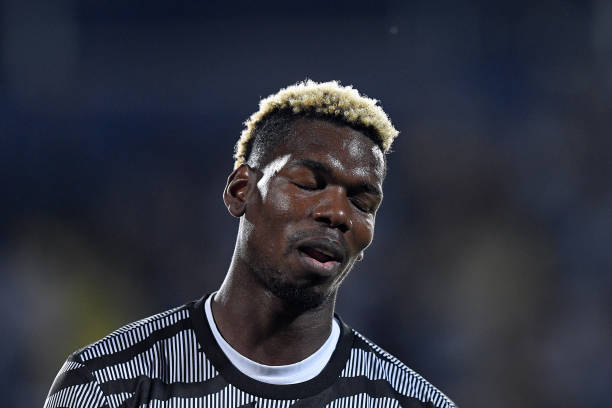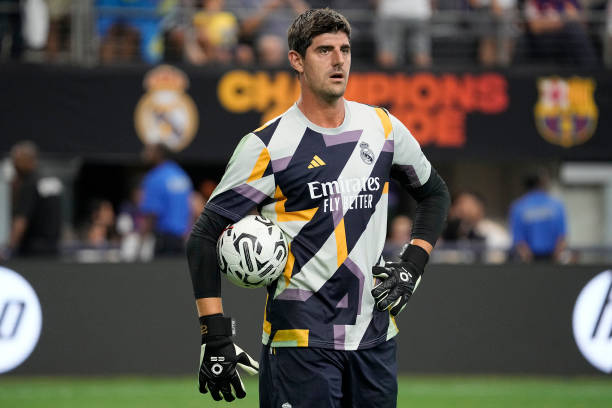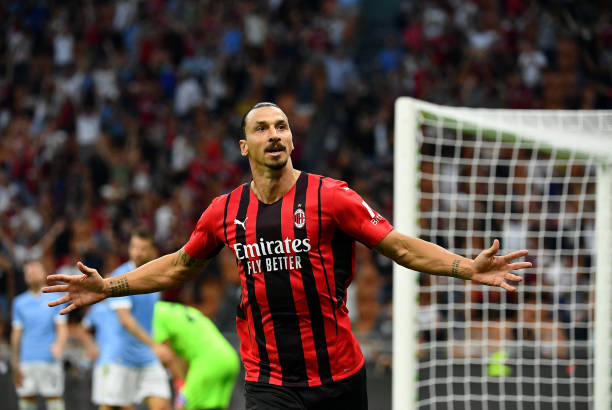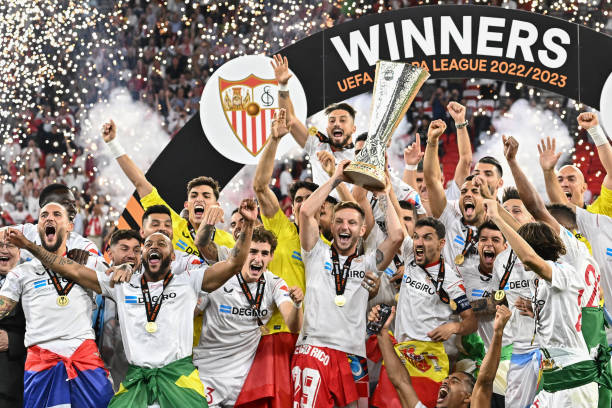It is no secret that Juventus have been struggling so far this season. The Old Lady is one of the titans of European football and after almost a decade of absolute dominance in Serie A, Juventus has lost the league title in the last two seasons to the Milan sides, Inter Milan and AC Milan. This season seems to be heading for a very similar fate as they sit in 7th place, they have struggled massively in almost every game across all competitions and a defeat to recently promoted Monza, the first in the latter’s history, has only deepened the crisis at the Juventus Stadium.
Of course, as it tends to happen in football, most of the criticism and spotlight has gone towards the manager, Massimiliano Allegri. Even though the Italian coach won several trophies with Juve during his first stint as manager from 2014 to 2019, his return since last season has been less than stellar, with the club struggling to get into top four last year and this season has seen things getting a lot worse.
It’s very tempting to put all the blame on Allegri’s shoulders, but even before his return, Juve had been struggling in Serie A and eventually lost their dominance in the Italian league. So what happened? How Juventus went from winning the league every year and challenging for the Champions League to severely underperforming? The causes need to be analyzed.
One of the key factors that kick started Juve’s decline was when their sporting director, Pepe Marotta, left in 2018 due to opposing the idea of signing Cristiano Ronaldo to help the club win the so-coveted Champions League. Marotta had been in charge of the club’s transfer strategy and had built a competitive squad with a somewhat conservative approach in the transfer window. He was replaced by a less conservative sporting director, Federico Paratici, who was, along with board member and former Juve player Pavel Nedved, the one responsible for the original sacking of Allegri in 2019 since they wanted a more attacking-minded playing style.
This is how former Napoli and Chelsea manager Maurizio Sarri, known for his bombastic and possession-based playing style, was hired in 2019, but he never got the backing he desired and was sacked a year where he won the Scudetto, although things never fully clicked between the parties involved. Due to the expenses of big signings such as Ronaldo and De Ligt, the club couldn’t afford a big name manager and decided to bet for a former player of theirs, Andrea Pirlo, to take over, but the Italian had zero experience when it came to coaching and Juventus, perhaps somewhat predictably, lost the Scudetto dominance to Inter Milan in 2021, who were coached by Antonio Conte, the manager that started the Old Lady’s dominion in Serie A back in 2012.
Along with all these decisions, the core of players that had been so successful with both Conte and Allegri aged quite a bit, and no suitable replacements were signed, either due to financial limitations or plain and simple poor decision-making. “Free” signings like midfielders Adrien Rabiot and Aaron Ramsey came to the club with high agent fees and high salaries, which straight-jacketed the club a lot more on a financial level. By the time we reach the summer of 2021, the club is in a very tight spot and club owner Agnelli decides to bet for Allegri once again, which also leads to the sacking of Paratici due to not seeing eye to eye with the former AC Milan coach.
Allegri arrived with, yet again, another extremely high salary (it is reported that is about 17 million Euros per year) and the institution doesn’t have the necessary budget for the rebuild that is very necessary. A good example of this was the situation with one of their star players, Paulo Dybala. The Argentinian was running out of contract last season and the club was not willing to meet his eight million per year demands for an extension, which resulted in Dybala leaving after six years in the club to sign for AS Roma as a free agent. Losing Dybala proved to be another loss of quality and experience for an already declining squad.
The signing of Dusan Vlahovic, while promising and exciting due to the young Serbian’s exploits with Fiorentina, an ill fit due to him not having the right players around him to score more goals. Free signings such as Angel Di Maria and the return of fan favorite Paul Pogba, while talented players in their own right, are already in their declining years and with a very poor injury record, which is already shown with the latter not likely to come back to the squad until 2023. This lack of foresight and planning has certainly hurt Juve as a whole.
Now, Allegri hasn’t done himself many favors. His football has been quite pragmatic and a lot more focused on not losing than winning, which is something that adds to the negative nature of the club at the moment. As former Juventus man Claudio Marchisio (who also worked under Allegri’s guidance) said recently, there is a disconnect between manager and players, and that is constantly shown, especially when you consider that the young players have to rely on a manager that is basically trying to keep his job, which is not a positive environment to develop young talent.
This poor start of the season for Juventus has been the end result of four years of poor decision-making. Five or six years ago, Juve was seen as a model club in terms of challenging for the biggest trophies while not spending in an exaggerated manner, but the desperation for winning the Champions League, couple with the departure of sporting director Pepe Marotta, has led to the current state of affairs.
The Old Lady needs a change in direction and while sacking Allegri might be the right move in the grand scheme of things, the reality is that the board also needs to change and the focus needs to do that as well.

Must See
-
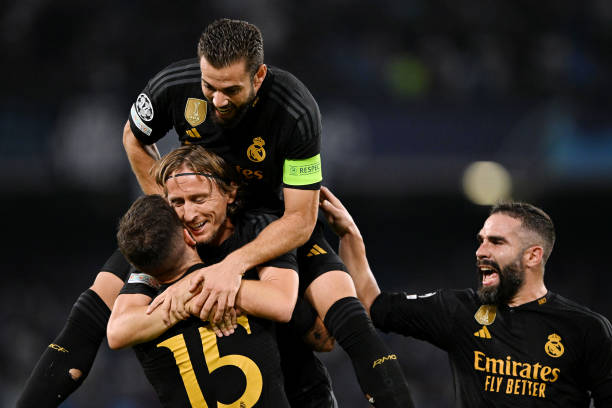

Champions League
/ 1 year agoChampions League – Matchday 2
Almost in the blink of an eye we reached the second day of the...
-
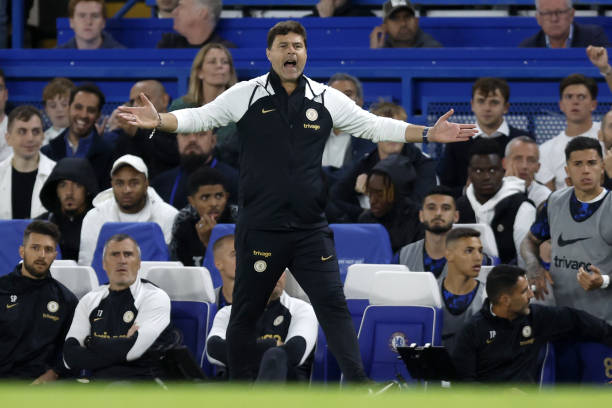

Premier League
/ 1 year agoThe bad start for Poch’s Chelsea
Since Todd Boehly’s arrival as club owner in the summer of 2022, Chelsea have...
-
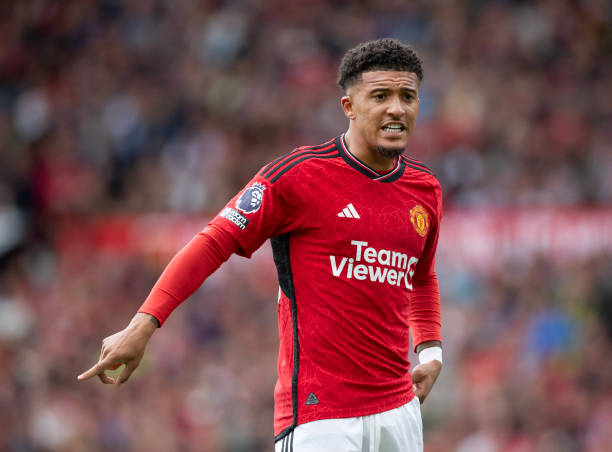

Premier League
/ 1 year agoJadon Sancho’s feud with Erik Ten Hag continues
Manchester United winger Jadon Sancho’s time at Old Trafford has been torrid, to say...
